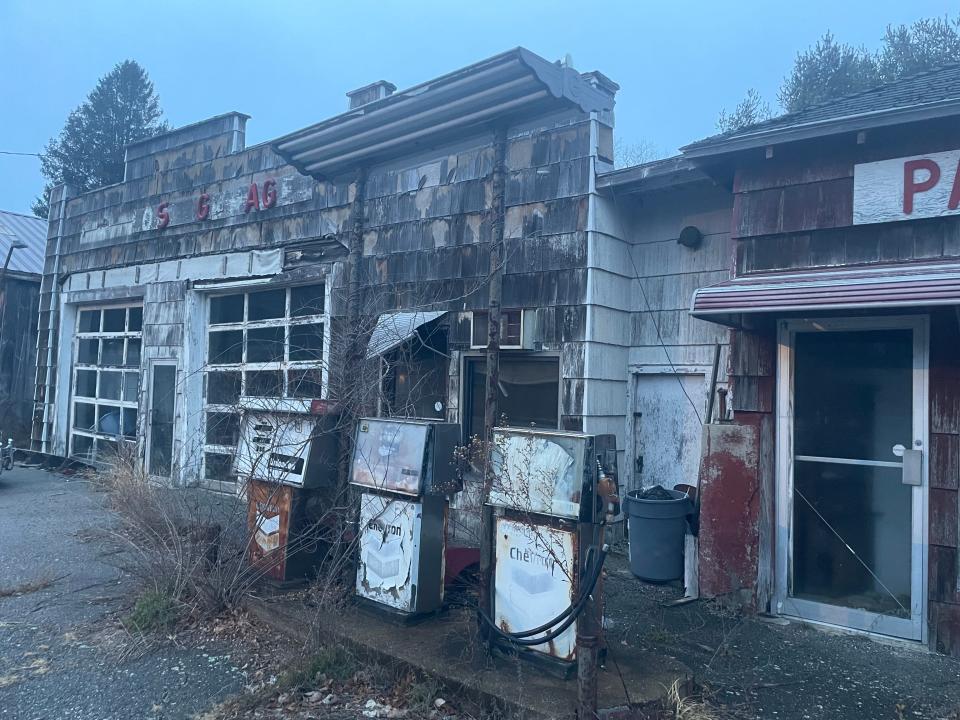State awards $630k to eastern CT towns for brownfield assessment - why this is a good thing
Possibly contaminated sites in four eastern Connecticut towns are part of a statewide initiative to clean up those sites so that they can be reused for other purposes.
Governor Ned Lamont’s Office announced on Dec. 18 that $7.2 million in grants statewide would be distributed to help the remediation and assessment of 713 acres of blighted properties in nine towns, including the four eastern Connecticut towns of Griswold, Sprague, Putnam and Lisbon, according to the press release.
All the eastern Connecticut towns will receive funds for assessment. Griswold will receive $110,000 to check for subsurface contaminants at the former gas station at 1554-1560 Voluntown Road. Sprague will get $200,000 to conduct additional investigations of the former Paper Manufacturing site at 130 Inland Road in Baltic.

Putnam will get $200,000 to upgrade and complete the assessment of the former Putnam Foundry, at 2 Furnace St., and John M. Dean Company, at 20 Mechanics St., sites. Lisbon will get $120,000 to help assess and rezone the former Lisbon Textile Prints company site at 99 River Road.
What is a brownfield site?
The term brownfield refers to sites that are or are perceived to be contaminated. The contamination can discourage development of the site, especially if how much contamination there is, or the kinds of contaminants are unknown. An assessment looks at the prior uses to figure what and where the contamination is, measuring the soil through test pits, then developing a plan for the remediation process, so a developer knows the costs, Southeastern Connecticut Council of Governments (SECCOG) Executive Director Amanda Kennedy said.
“It’s great that the state makes use of these funds to get through that hurdle, otherwise a property could just sit for years,” she said.
Lisbon First Selectman Thomas Sparkman said having the funds to continue the remediation and redevelopment of Lisbon Textile Prints site is important for the town, as the mill business has been long gone, and the property is unused.
“(Remediating) that so the owners can have it developed would be a financial benefit to the town,” he said.
When the Lisbon Textile Prints site is fully redeveloped, it’s expected to be used for commercial and mixed-use purposes, Sparkman said.
More: Killingly gets money to start redeveloping three polluted parcels of land: What's next
SECCOG can provide brownfield remediation assistance
Lisbon worked with SECCOG on this, but Griswold, Putnam and Sprague did not. The council also recently applied and got brownfield funding for efforts in Waterford and Willimantic, Kennedy said.
Its important for SECCOG to help its member towns with the brownfield funding process because it can give the people power to work through the complexities of grant funding, including federal funding and help secure those funds, Kennedy said.
“It tends to be our smaller towns that need assistance,” she said.
SECCOG also collaborated with UConn in the summer to find all the brownfield properties in the area, though there weren’t many that SECCOG didn’t already know about, Kennedy said.
This article originally appeared on The Bulletin: State grant to help with brownfield remediation in eastern Connecticut.

